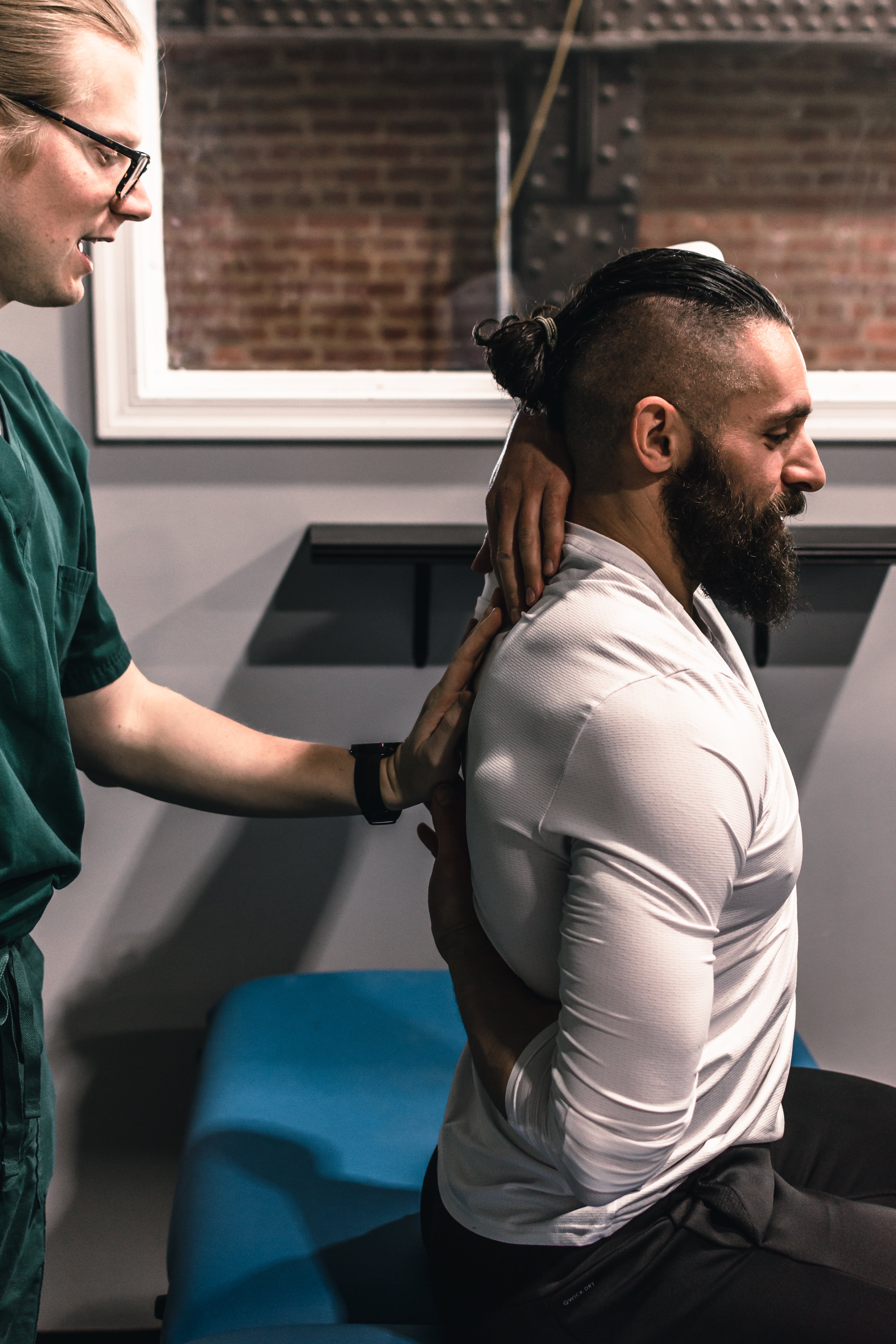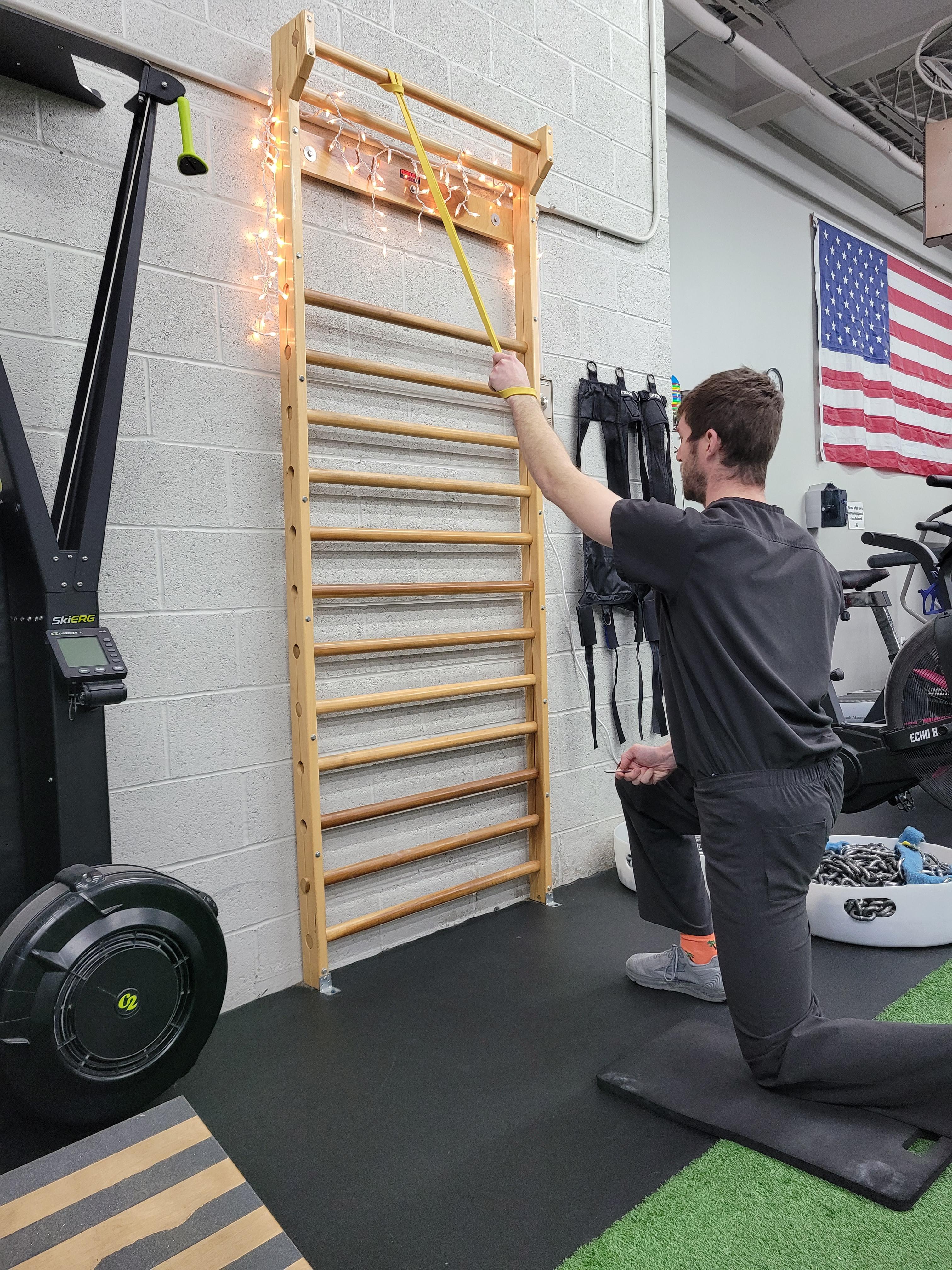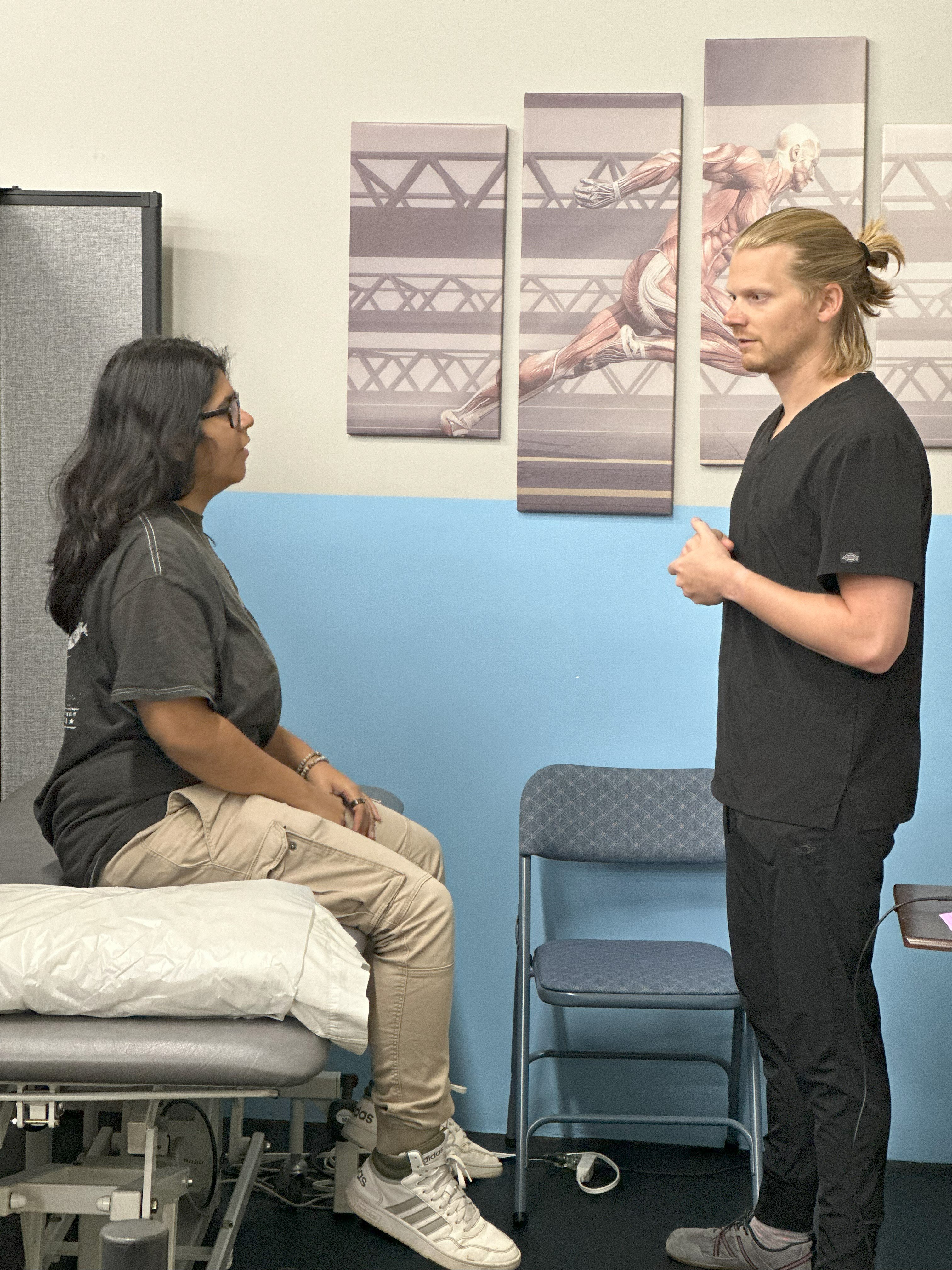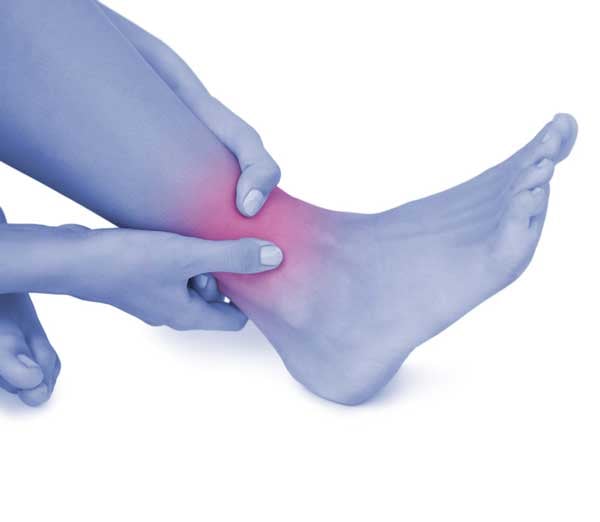Receive Telehealth Physical Therapy with Glackin Physiotherapy, LLC
Glackin Physiotherapy, LLC performs one-on-one remote physical therapy and provides online writings for at home treatment
Our unique specialties are listed below:
TMJ Dysfunction
Individualized physical therapy offering specialized care for TMJ dysfunction, aimed at relieving pain and restoring optimal jaw function
Orthopedic Physical Therapy
Comprehensive physical therapy clinic specializing in orthopedic causes of neck pain, shoulder pain, elbow pain, back pain, hip pain, knee pain and ankle pain

Patient
Francisco G

Patient
Raj S

Patient Mother
Stephanie F
Dr. Glackin saw my son for the first time, and provided friendly, terrific clarity and help to get him well on his road to recovery. My son, 16, is a soccer player, as was Dr. G, so he was able to provide him with specialized knowledge to help him stay at the top of his game. I highly recommend him!
Our Services
Covered Insurances
We are out of network with all insurances. We will call your insurance to determine deductible, copay and out of pocket max prior to first visit. We will provide a superbill for you to submit to your insurance.
Out-of-Network
We will give you a call to see if your current condition is appropriate for telehealth physical therapy. I











